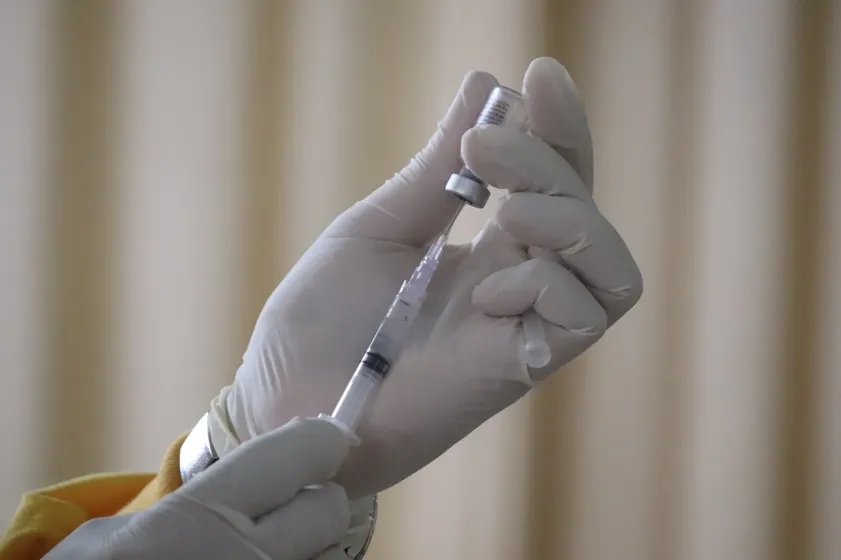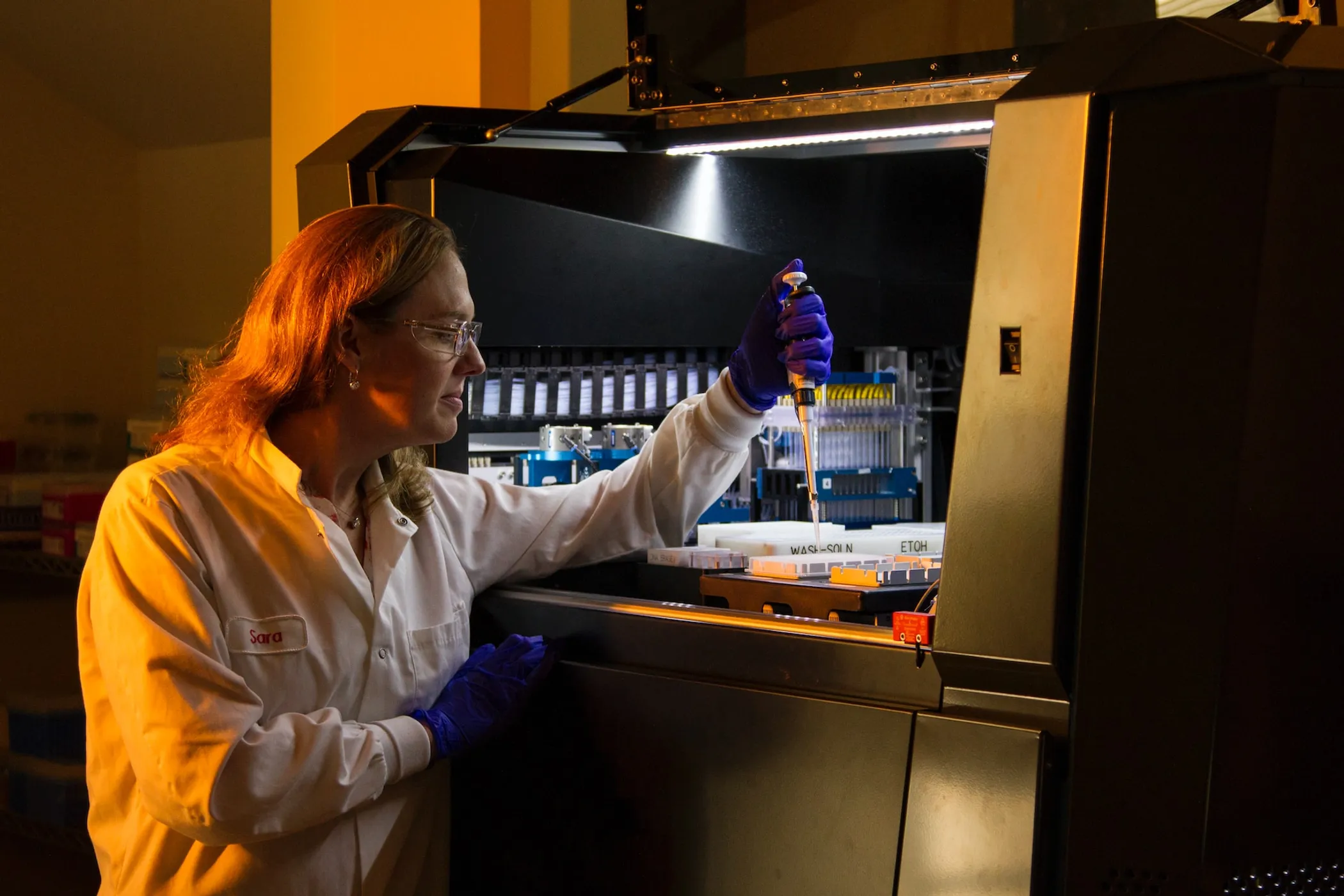Since 2023, the incidence of measles in Kazakhstan has been growing, which has resulted in the worst outbreak in a decade. On January 9, Prime Minister Alikhan Smailov provided an update on health monitoring in Kazakhstan for the previous year, QazMonitor reports.
During a government meeting in Astana, the Prime Minister noted that the national healthcare system did not record instances of plague, diphtheria, cholera, and tetanus. However, the situation regarding measles incidence remains dangerous.
There is a decrease in many common viral infections, including hepatitis B, rotavirus infection, dysentery, and others. At the same time, since last year, there has been an increase in the incidence of measles in Kazakhstan. This outbreak is the largest in the country in the last ten years, with about 80% of those affected being children under fourteen years of age, most of whom have not been vaccinated.
To combat the growing incidence of measles in the country, last September, the Kazakh government allocated ₸3 billion to purchase 1.5 million vaccines.
The PM stressed the high risk of severe complications for the unvaccinated, citing existing cases where parents willfully refuse to vaccinate their children. Moreover, he highlighted that vaccination coverage in some regions remains low. Smailov instructed local administrations, in collaboration with the Ministry of Healthcare, to intensify vaccination efforts against measles and other infections. Special attention should be given to those who missed scheduled vaccinations.
"The Ministry of Healthcare, together with local administrations, should ensure an appropriate mode of storage and transportation for vaccines, especially in rural areas. The accountability of medical workers for adhering to these conditions should be increased," said Smailov.
The PM instructed the Ministry of Healthcare and the Ministry of Culture and Information to carry out awareness-raising campaigns on vaccination across various media.
We must monitor the dissemination of deliberately false information on vaccination in the press and social media and promptly respond to such statements. District medical workers should explain to parents the importance and safety of preventive vaccinations for children.













